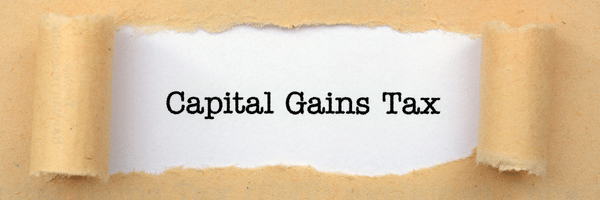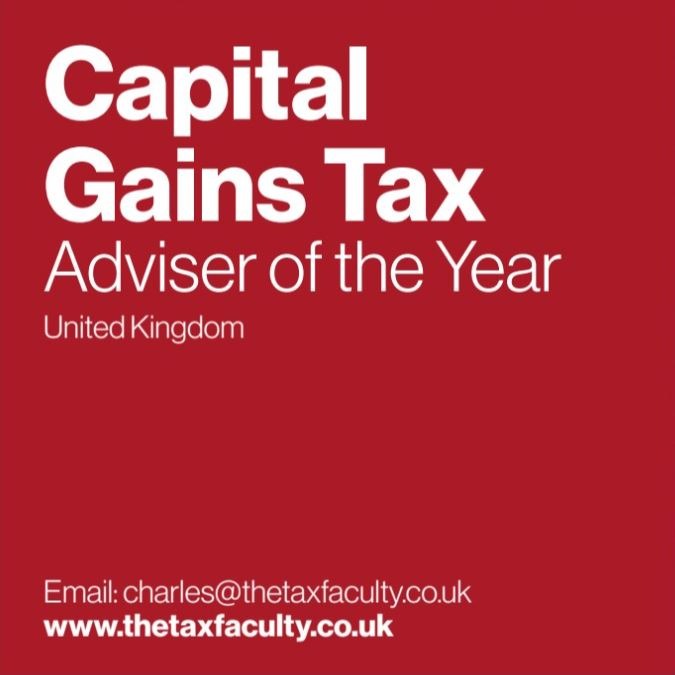The Secret to Paying Less Capital Gains Tax
Mastering Your Annual Exempt Amount
RELIEFSUK GOVERNMENTHMRCCAPITAL GAINS TAX


Did you know that every UK taxpayer has a hidden advantage when it comes to capital gains tax (CGT)? It’s called the Annual Exempt Amount, and if you don’t use it, you lose it. Think of it as a tax - free allowance on your investment gains, property sales, or other chargeable assets.
Yet, many people overlook it, leaving themselves open to paying more tax than necessary. Don’t make the same mistake — let us show you how to make the most of this important tax relief.
Don’t Let HMRC Take More Than Their Fair Share
The Annual Exempt Amount (AEA) is the amount of profit or capital gain you can make in a tax year before you start paying capital gains tax. For the 2024/25 tax year, the allowance is £3,000 for individuals and £1,500 for trusts. While significantly lower than in previous years, it remains an important tool in reducing your tax bill.
If your total gains are below the AEA, you won’t pay any CGT. However, if you exceed this threshold, only the amount above the allowance is taxable.
What Is the Annual Exempt Amount?


Who Needs to Pay Attention to the AEA?
1. Investors: If you’re selling stocks, shares, or cryptocurrency, the AEA can significantly reduce your taxable gains.
2. Property Owners: Selling a second home or buy-to-let property? Use the AEA to lower your CGT liability.
3. Small Business Owners: Disposing of business assets? The AEA can help minimise tax due on the sale.
4. Trustees: The lower AEA for trusts makes it even more critical to plan efficiently.
How Does the AEA Work?
Here’s an example to illustrate:
• You sell shares for a profit of £6,000.
• The AEA for individuals is £3,000.
• Your taxable gain is:
£6,000 - £3,000 = £3,000.
If your taxable income places you in the basic-rate tax band, you’ll pay 10% CGT, or 20% if you’re a higher-rate taxpayer.
For residential property gains, the rates increase to 18% for basic-rate taxpayers and 28% for higher-rate taxpayers.
1. Time Your Sales Wisely
Spread out the disposal of assets across multiple tax years to take advantage of the AEA each year.
2. Use Tax-Sheltered Accounts
Investments held within ISAs and pensions are exempt from CGT, so consider moving assets to these accounts.
3. Transfer Assets to Your Spouse or Civil Partner
Transfers between spouses are tax-free, enabling couples to double their AEA. By strategically splitting assets, you can save thousands.
4. Offset Losses
If you’ve made a loss on one investment, you can offset it against gains, reducing the amount that counts toward your AEA.
5. Track Your Gains
Keep accurate records of all purchases, sales, and associated costs (e.g., brokerage fees or improvement expenses). This ensures you’re correctly calculating your gains and using the AEA effectively.
How To Make the Most out of your AEA?

Capital Gains Tax Expertise: The Tax Faculty LLP Managing Partner Charles Tateson Named UK Capital Gains Tax Advisor of the Year 2023
The Finance Monthly Taxation Awards recognises the achievements of tax professionals from around the globe.
Winning such an award is no small feat. It is a reflection of hard work, extensive knowledge, and an ability to navigate the intricacies of the UK tax system.
Read more about Charles and the award here.



Contact Us
Contact us today on freephone 0800 0016 878 for a free consultation on all tax issues, or fill out the handy form below and we'll get back to you as soon as possible.
Alternatively, you can email us at info@thetaxfaculty.co.uk or complete the form below.
(Please note, non-UK callers may need to call 0207 101 3845 if your line cannot connect to our 0800 number)
Feel free to contact us through WhatsApp - we accept calls and messages.
Simply click the WhatsApp button below:


